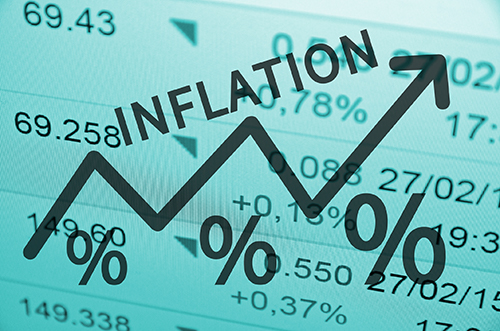The Return of Inflation and Opportunity

Last Week in Review: The Return of Inflation and Opportunity

“Inflation is when you pay fifteen dollars for the ten-dollar haircut you used to get for five dollars when you had hair.”
— Sam Ewing
This past week, home loan rates ticked up from the best levels ever, and the 10-year Note yield moved sharply higher week-over-week from .50% to nearly .70%.
Why? One major reason: inflation may be on the rise.
Mortgage-backed securities are the drivers of home loan rates, and inflation largely determines whether their prices/rates go up and down.
This past Wednesday, the Core Consumer Price Index (CPI), a reading on consumer prices, rose 0.6% in July — the fastest monthly rate in nearly 30 years!
One number doesn’t make a trend, but if we see higher inflation readings in the months ahead then long-term interest rates, like mortgage rates, will also be higher than today.
Ultra-low interest rates, quantitative easing (where the Fed purchases Bonds daily), and a trillion dollars in stimulus can all serve to stoke higher inflation in the future.
The opportunity:
If, for all the reasons above, we see higher inflation in the future, one would want to be a homeowner rather than a renter. Why?
Inflation drives real asset prices, like homes, higher. It also drives wages and rent higher. This means new homeowners can lock in today’s low rates, and as prices and wages increase, they can pay down the mortgage with ever-increasing pay. At the same time, their home price will increase even further in price.
For renters, wages will rise with inflation, but so will rent, meaning the increase in wages may be required to keep up with the increase in rent.
What happens if inflation doesn’t rise?
If inflation doesn’t rise much, home prices will still rise over time as they have for centuries. Just this week, home prices hit an all-time median high of $311,000. Homeowners, on average, accumulate more wealth over time than renters.
Looking ahead:
Next week we will see more economic reports centered on housing, which has been a bright spot in the economy. Initial Jobless Claims, which determines the length of the unemployment line, will be reported next Thursday. This past week, we saw continued improvement in the labor market with Initial Claims falling beneath 1 million the first time in 20 weeks.


